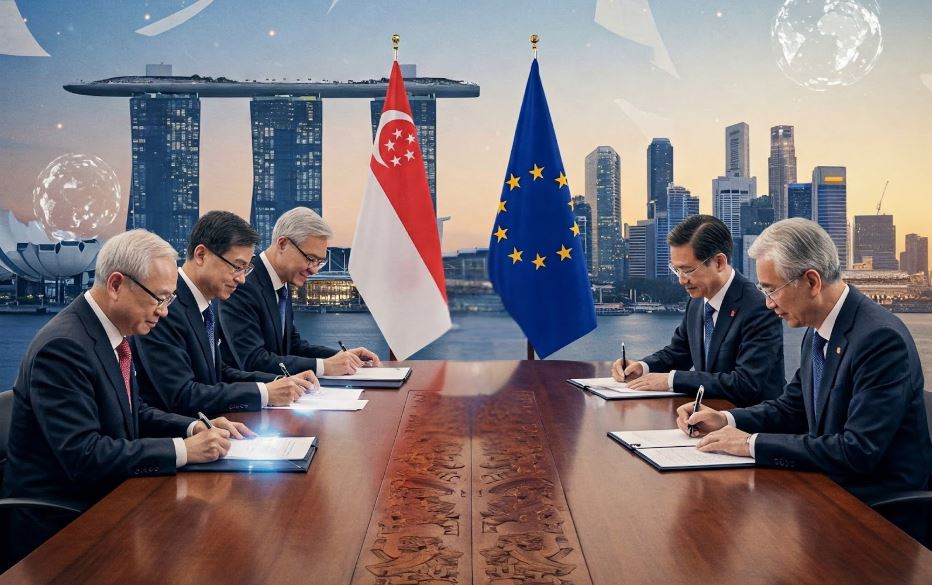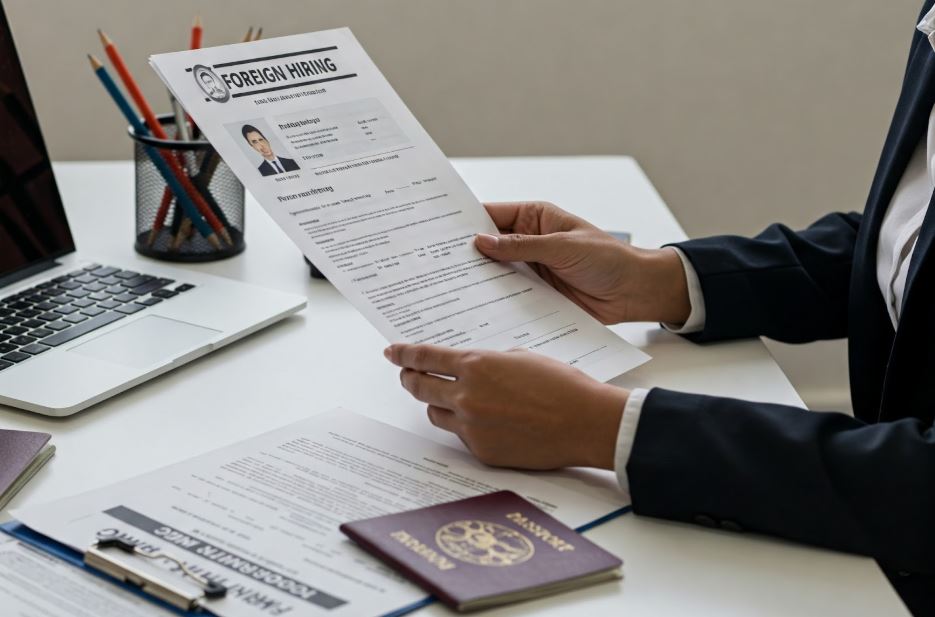Singapore and the EU sign a digital trade agreement, unlocking new opportunities for SMEs

Singapore and the European Union have signed a new digital trade agreement that removes key barriers to cross-border digital commerce, offering significant advantages to foreign-owned small and medium enterprises (SMEs) operating in Singapore.
The EU-Singapore Digital Trade Agreement (EUSDTA), signed on May 7 by Singapore’s Minister for Trade Relations, Grace Fu and EU Commissioner for Trade and Economic Security, Maroš Šefčovič, is the first of its kind between the EU and an ASEAN member. It builds on the 2019 EU-Singapore Free Trade Agreement by introducing binding rules that promote seamless data flows, enhance legal protections and eliminate digital trade restrictions.
The deal is particularly relevant for SMEs in fintech, SaaS, e-commerce and logistics. It provides greater clarity on data privacy and security, aligning with international standards such as the EU’s General Data Protection Regulation (GDPR). Businesses handling European customer data now have a clear legal framework to operate under, reducing uncertainty and compliance costs.
A major benefit is the ban on forced data localization, allowing companies to store and process data in the most efficient jurisdictions. This is especially valuable for digital-first businesses managing international operations or customer bases from Singapore. The agreement also removes customs duties on electronic transmissions and promotes the adoption of e-invoicing and digital payment systems, streamlining operations and reducing administrative burdens.
The EUSDTA also reinforces consumer protection, cybersecurity cooperation and digital trust, critical for SMEs offering online services or products. Both parties aim to lower technical and regulatory hurdles that disproportionately affect smaller businesses by committing to paperless trade and interoperable digital standards.
Industry leaders say the EUSDTA could be a game changer for SMEs. While Singapore’s digital trade footprint is still maturing compared to its physical trade dominance, companies in digital finance, software and tech-enabled exports are well-positioned to benefit. The agreement provides clearer rules and incentives to invest in digital infrastructure for SMEs transitioning from traditional trade to digital channels.
The EU is Singapore’s second-largest services trading partner, with bilateral trade in services reaching over $110 billion in 2023. SMEs based in Singapore can now leverage the city-state’s digital economy agreements, not just with the EU, but also with countries like the U.S., U.K., Australia and South Korea, for broader market access and reduced friction in digital transactions.


